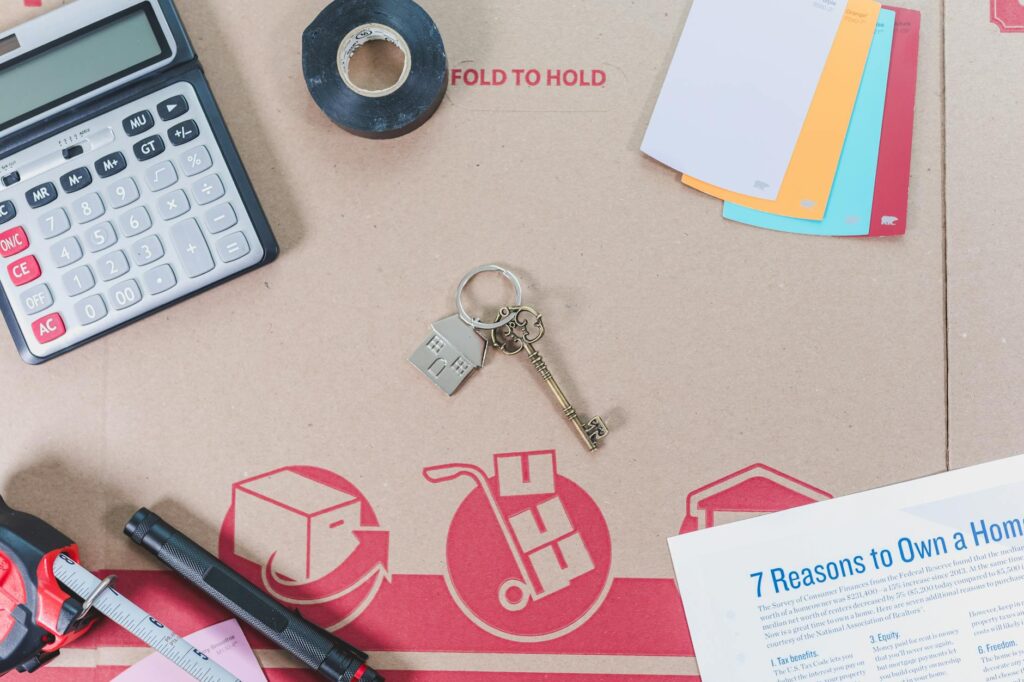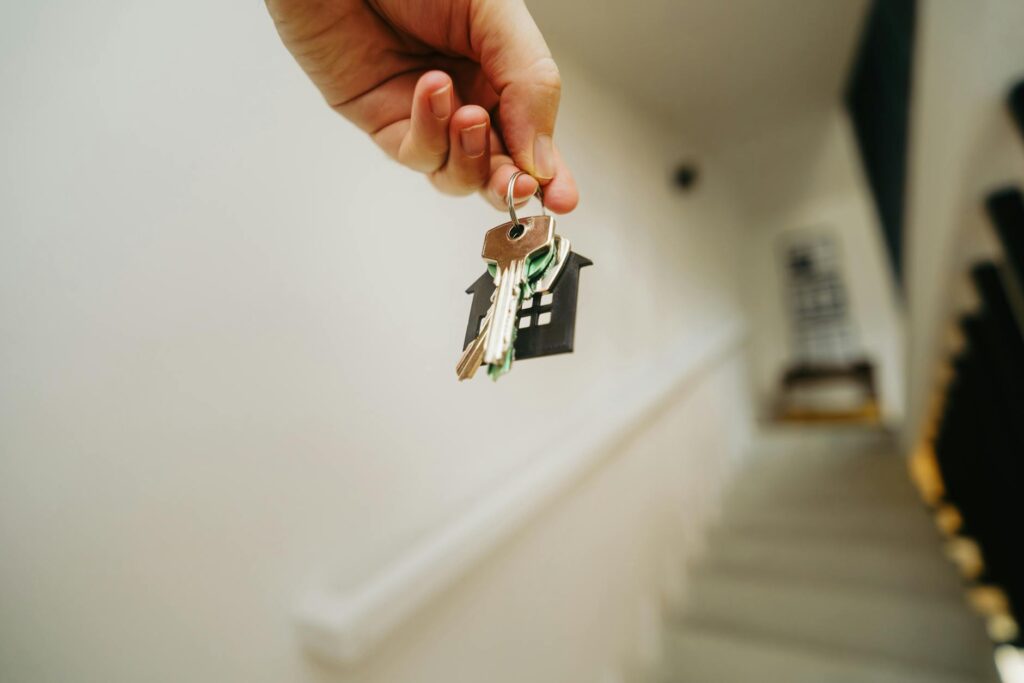Buying a home is a significant milestone, and for eligible veterans and military personnel, a VA loan can make that dream a reality. Understanding VA loan rates is crucial for securing the best possible deal. This guide will break down everything you need to know.
What is a VA Loan?
A VA loan is a mortgage loan backed by the Department of Veterans Affairs. This backing allows lenders to offer more favorable terms, including lower interest rates and often no down payment requirement. 
Understanding VA Loan Interest Rates
VA loan interest rates aren’t set by the VA itself; they are determined by the lender and are influenced by various market factors. These factors include prevailing interest rates, your credit score, the loan-to-value ratio (LTV), and the type of loan (fixed-rate or adjustable-rate).
Factors Affecting Your VA Loan Rate
Your credit score plays a crucial role. A higher credit score typically results in a lower interest rate. Other factors include your debt-to-income ratio (DTI), the length of your loan term, and the type of property you’re buying. 
Fixed-Rate vs. Adjustable-Rate VA Loans
Fixed-rate loans offer stability with consistent monthly payments. Adjustable-rate mortgages (ARMs) may start with lower rates, but can fluctuate over time. Understanding which suits your financial situation is key. Learn more about ARM risks.
The Importance of Shopping Around
Don’t settle for the first offer! Comparing rates from multiple lenders is crucial for getting the best deal. Use online tools and contact several lenders directly to compare their terms. Compare VA loan rates here.
Checking Your Credit Score
Knowing your credit score before applying for a VA loan is essential. You can obtain a free credit report from AnnualCreditReport.com. A higher score improves your chances of getting the best rate.
Debt-to-Income Ratio (DTI)
Your DTI represents your monthly debt payments relative to your gross monthly income. A lower DTI indicates lower financial risk and might lead to a more favorable interest rate. Improve your DTI.
Loan-to-Value Ratio (LTV)
Your LTV is the loan amount compared to the home’s value. A lower LTV (meaning a larger down payment) may result in a lower interest rate.
The VA Funding Fee
Most VA borrowers pay a funding fee, which helps to maintain the VA loan program. The amount varies based on your down payment and military service history. 
Understanding Closing Costs
Closing costs include various fees associated with finalizing the loan. These can add up, so be sure to factor them into your budget.
Pre-Approval for a VA Loan
Getting pre-approved can give you a better understanding of your buying power and might strengthen your negotiating position with sellers. It also shows sellers you’re a serious buyer.
Negotiating with Lenders
Don’t be afraid to negotiate with lenders. They may be willing to adjust certain terms, such as interest rates or fees, to secure your business.
Reading the Fine Print
Always carefully review all loan documents before signing. Understanding all terms and conditions is paramount.
Maintaining Good Credit
Maintaining good credit is important, not only for securing a favorable VA loan rate but also for responsible financial management throughout the life of your loan.
Long-Term Financial Planning
Consider your long-term financial goals and choose a loan term that aligns with your plans. Learn more about long-term financial planning.
Protecting Yourself From Scams
Be aware of potential loan scams and only work with reputable lenders. 
Refinancing Your VA Loan
If rates drop significantly after you’ve secured your loan, refinancing might be an option to lower your monthly payments.
Additional Resources
The Department of Veterans Affairs website offers many resources to help you navigate the VA loan process. Find more resources here.
By carefully considering these factors and taking proactive steps, you can significantly improve your chances of securing the best possible VA loan rate and making your homeownership dream a reality.
Frequently Asked Questions
What is the current average VA loan interest rate? The average VA loan interest rate fluctuates constantly based on market conditions. Checking with multiple lenders is the best way to determine the current average rate.
Can I get a VA loan with bad credit? While good credit significantly impacts the interest rate you qualify for, you may still be eligible for a VA loan with less-than-perfect credit. However, it’s likely that your interest rate will be higher.
What documents do I need to apply for a VA loan? You’ll need documentation such as your Certificate of Eligibility, proof of income, and tax returns. Lenders will provide a complete list of required documents.
Is a down payment required for a VA loan? Generally, a down payment isn’t required for VA loans, although a funding fee is typically involved.
How long does the VA loan process take? The VA loan process timeframe can vary depending on factors such as the lender, your financial situation, and the complexity of the transaction, but it generally takes several weeks to close.
![VA Home Loans 101: Your Ultimate Guide For [Current Year]](https://www.yourfinancerates.com/wp-content/uploads/2025/06/pexels-photo-3768140-1024x682.jpeg)


